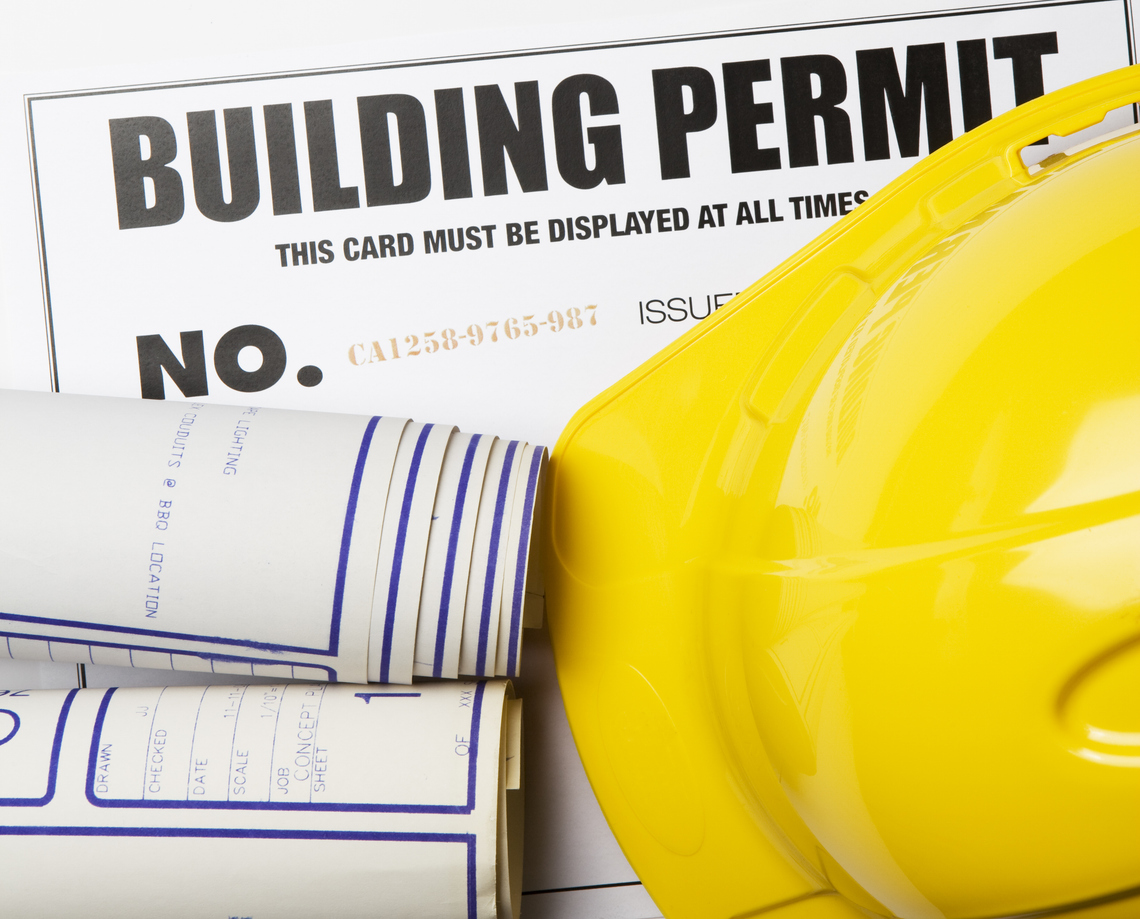Public Adjusters in Texas walk a fine line when it comes to assisting homeowners and avoiding the pitfalls of the unauthorized practice of law. In February of this year, the Texas Court of Appeals in Houston ruled that even though a public adjuster violated the statutory requirement of having his license number included in his contract with the property owner, the contract was still enforceable and he could still collect his percentage. The Court also confirmed the rules regarding the unauthorized practice of law. In International Risk Control, LLC v. Seascape Owners Association, Inc.,1 a public adjusting firm was sued by its former client to avoid paying fees associated with the settlement paid by Texas Windstorm Insurance Association (“TWIA”). The property owner claimed the contract with the public adjuster was against public policy and violated Texas laws against the unauthorized practice of law.
In IRC v. Seascape, Seascape hired IRC to assist with Hurricane Ike claims stemming from wind and water damage to its condominium units. IRC filed several claims against Texas Windstorm Insurance but was unable to secure the monies necessary to cover the projected costs of reconstruction. Seascape decided it needed the help of a law firm to maximize its recovery. The law firm reviewed the estimates and reports prepared by IRC and noticed that IRC’s work was “rife with errors and improper calculations.” Seascape and its Counsel terminated IRC and continued with the pursuit of its TWIA claims. After severing ties with IRC, Seascape secured proper estimates and its counsel filed a petition against TWIA for claims including fraud, breach of contract, violations of the DTPA and Texas Insurance Code. TWIA settled out of court for an enormous sum. IRC believed the settlement was due to its own efforts so IRC demanded a cut of the settlement and threatened to sue TWIA if it did not name IRC as a payee on the settlement checks.
Seascape tried to avoid paying IRC its 8% by seeking a declaratory judgment determining IRC engaged in the unauthorized practice of law. Seascape relied on the 1987 opinion rendered in Brown v. Unauthorized Practice of Law Committee2 where the Court of Appeals provided an example of actions that would cross the line. The Court noted: “Entering into contracts with persons to represent them in their …property damage matters on a contingent fee together with the attempted assignment of a portion of the person’s cause of action…” is an example of the unauthorized practice of law. This Court refused to apply the Brown Court’s example to the facts in Seascape. This Court determined that the contract between IRC and Seascape “neither implicates the use of legal skill or knowledge, nor requires IRC “to represent” Seascape in a “cause of action” or other sort of legal capacity.
Notably, this Court followed its ruling in Unauthorized Practice of Law Commission v. Jansen.3 The Jansen Court explained why a contract requiring the public adjuster to provide estimates of property damage and present paperwork and data to the insurer is not the unauthorized practice of law. The Jansen Court noted the Texas Insurance Code language defining a public insurance adjuster as a person who “acts on behalf of an insured in negotiating for or effecting the settlement of a claim or claims for loss or damage under any policy of insurance covering real or personal property.”4 The Texas legislature clearly defines the practice of law to mean the “preparation of a pleading or other document incident to an action or special action or proceeding or the management of the proceeding on behalf of a client before a judge in court as well as service rendered out of court.”5
The bottom line is this: public adjusters are given power to effectuate settlements of claims, but when insurers delay or deny claims, homeowners need a tough law firm to vet the estimates, research the claims, file the lawsuits, and get the best recovery for the property owner.
1 International Risk Control, LLC v. Seascape Owners Association, Inc., 395 S.W.3d 821, (Tex.App.—Houston [14th Dist.] February 14, 2013, no writ history).
2 Brown v. Unauthorized Practice of Law Committee, 742 S.W.2d 34 (Tex.App.—Dallas 1987), writ denied).
3 Unauthorized Practice of Law Commission v. Jansen, 816 S.W.2d 813, 815 (Tex.App.—Houston [14th Dist.] 1991, writ denied).
4 Tex. Ins. Code § 4102.001(3).
5 Tex. Gov’t Code § 81.101(a).



